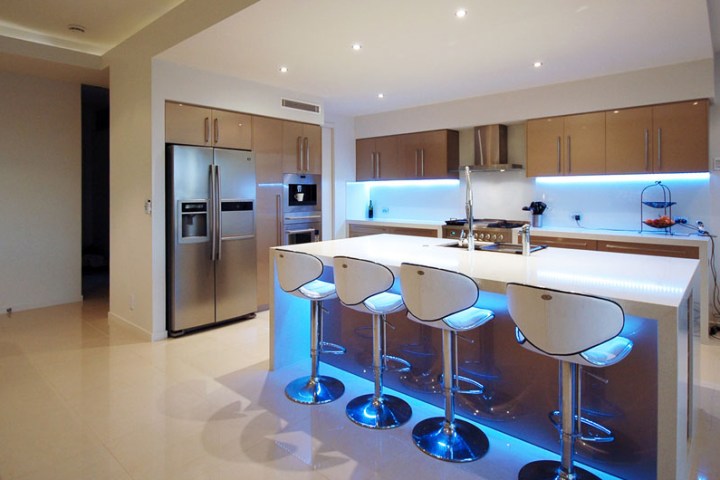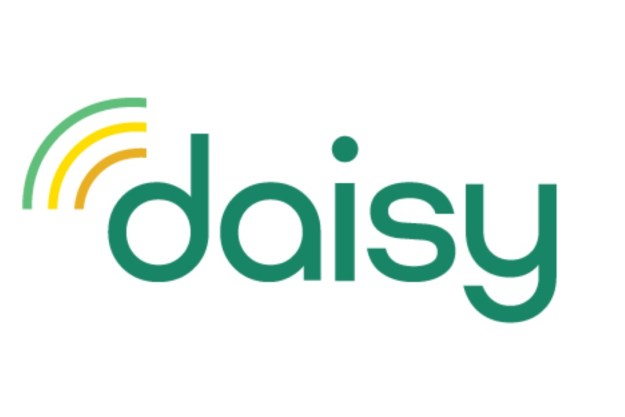
“We are absolutely committed to making Z-Wave the safest, most secure ecosystem of smart devices on the global market,” said Mitchell Klein, executive director of the Z-Wave Alliance, “Our work, in conjunction with the entire Alliance membership, will ensure that developers, service providers, manufacturers, and consumers alike will look to Z-Wave as the most trusted solution with the highest levels of protection.”
The S2 framework was actually first introduced last year following a huge DDoS attack that affected a significant slice of the internet. Many of the bogus requests that flooded servers actually came from unsecured smart home devices, and while Z-Wave devices were not uniquely affected, the consortium is doing everything it can to ensure that a repeat offense won’t occur in the future.
Not only are there new security measures in place, but S2 also requires specific pairing codes that you’ll need when you first set up your smart home device. Think of it as similar to two-factor authentication — hackers will have to get their hands on these codes in order to remotely access your connected devices.
“As of April 2, 2017, Z-Wave’s technical certification program, which is administered through third-party test facilities in Europe, U.S., and Asia, will check that all S2 security solutions, which contain rules for command classes, timers, and device types, are correctly implemented in every new certified device,” Z-Wave announced, “S2 devices will also be backwards compatible with existing devices on the market,” so if you have a smart home device, you may want to check for updates.
Editors' Recommendations
- Ring Pan-Tilt Indoor Cam vs. Ring Stick Up Cam Pro: Which is better for your home?
- SimpliSafe is now using AI to prevent burglars from entering your home
- Blink Mini 2 vs. Blink Mini: Is Amazon’s new security camera a worthy upgrade?
- What is IFTTT and how can you use it in your smart home?
- The 5 best smart ceiling fans for your home in 2024


